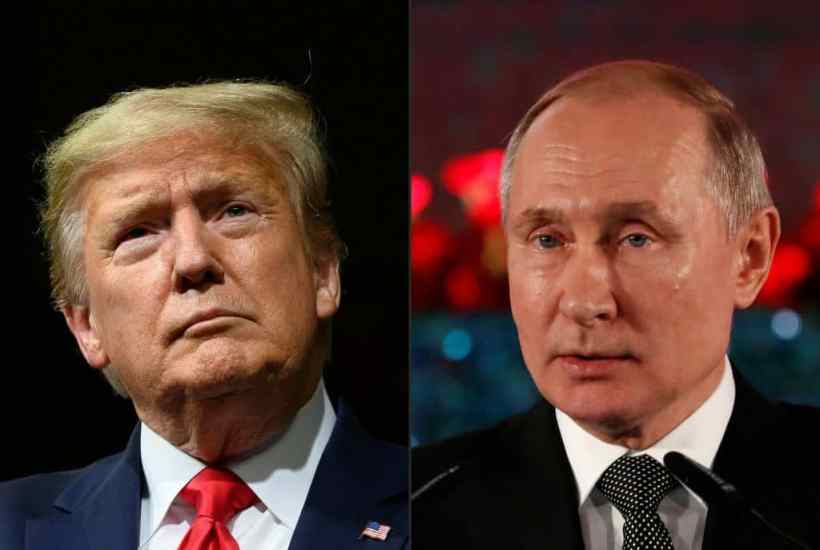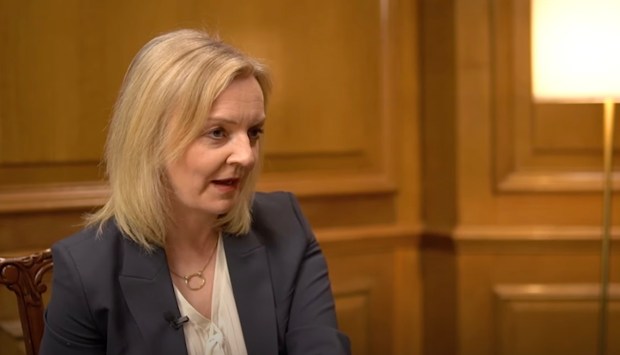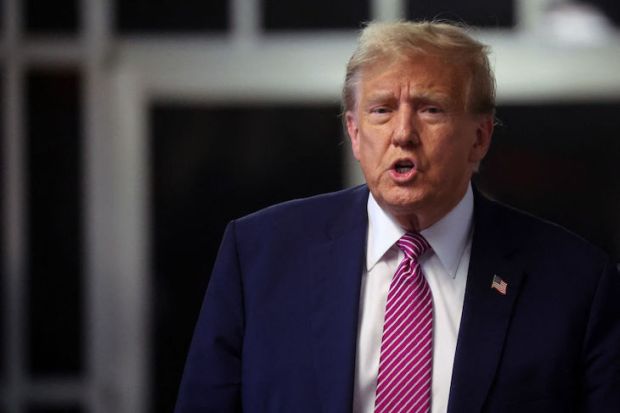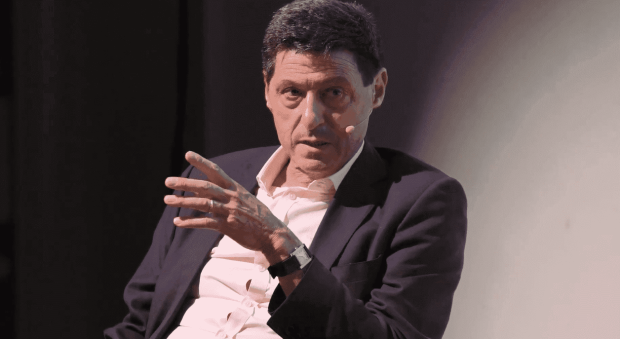Who decides what gets counted as ‘misinformation’? For the increasingly large number of people who get their news from social media the answer these days is probably Facebook or Twitter, which in recent years have become far more powerful than any old press baron.
This became particularly apparent during the tail end of the Donald Trump era, when Twitter began slapping fake news labels on the outgoing president’s tweets. As Trump rallied against the results of the 2020 presidential election, Twitter responded by hiding his tweets behind warning labels which said their content was ‘disputed’ or ‘might be misleading’.
Eventually Trump was booted off his favourite platform ‘due to the risk of further incitement of violence’ after he tweeted that: ‘The 75,000,000 great American Patriots who voted for me, AMERICA FIRST, and MAKE AMERICA GREAT AGAIN, will have a GIANT VOICE long into the future. They will not be disrespected or treated unfairly in any way, shape or form!!!’ following the January 6 storming of the US Capitol building.
These days it seems though that Twitter is far less concerned with the spread of dangerous disinformation. Take the account of the Russian Federation’s embassy in Britain, which has been a source of constant misinformation since Putin’s tanks rolled over the Ukrainian border.
In recent days the account has claimed that the Ukrainian army bombed the Mariupol theatre, where children were sheltering; labelled the Ukrainian government’s policies as ‘Nazi’; and argued that Russia only invaded Ukraine because there were ‘no peaceful alternative to settle the problems that developed through no fault of ours.’ Despite this Mr S can’t find a single Russian tweet that has been given the misinformation treatment.
So far it appears that only one tweet by the embassy has been removed by Twitter, after the Russians said that the bombing of a maternity hospital in Mariupol, and the pictures of a pregnant woman injured by the blast, were faked. Even then the post was only removed after the culture secretary Nadine Dorries intervened. Subsequent merry tweets from the embassy calling the hospital bombing ‘fake’ have not been zapped though.
You would think the Russian embassy is just as worthy of the misinformation label – and far more likely to incite violence – than any proclamation of the former president. But Twitter appears uninterested in the Russian state using its platform to cover up war crimes.
If anything, by labelling Trump’s tweets as false and refusing to apply the label elsewhere, the platform is tacitly giving the Russians its stamp of approval. After all, a reasonable user might think, if the embassy was really spreading such obvious rot, Twitter would surely have intervened.
Mr S can’t help but think that it would be more sensible to take away the censor’s pen away from the tech giants entirely. Instead we have ended up with the bizarre situation where Twitter is that arbiter of what is fake and what is real, but is more interested in stamping out stories about Joe Biden’s son than letting Putin’s propaganda spread unimpeded online. Perhaps though it only really counts as misinformation when it’s being spread by your political opponents.
Got something to add? Join the discussion and comment below.
Get 10 issues for just $10
Subscribe to The Spectator Australia today for the next 10 magazine issues, plus full online access, for just $10.






















Comments
Don't miss out
Join the conversation with other Spectator Australia readers. Subscribe to leave a comment.
SUBSCRIBEAlready a subscriber? Log in